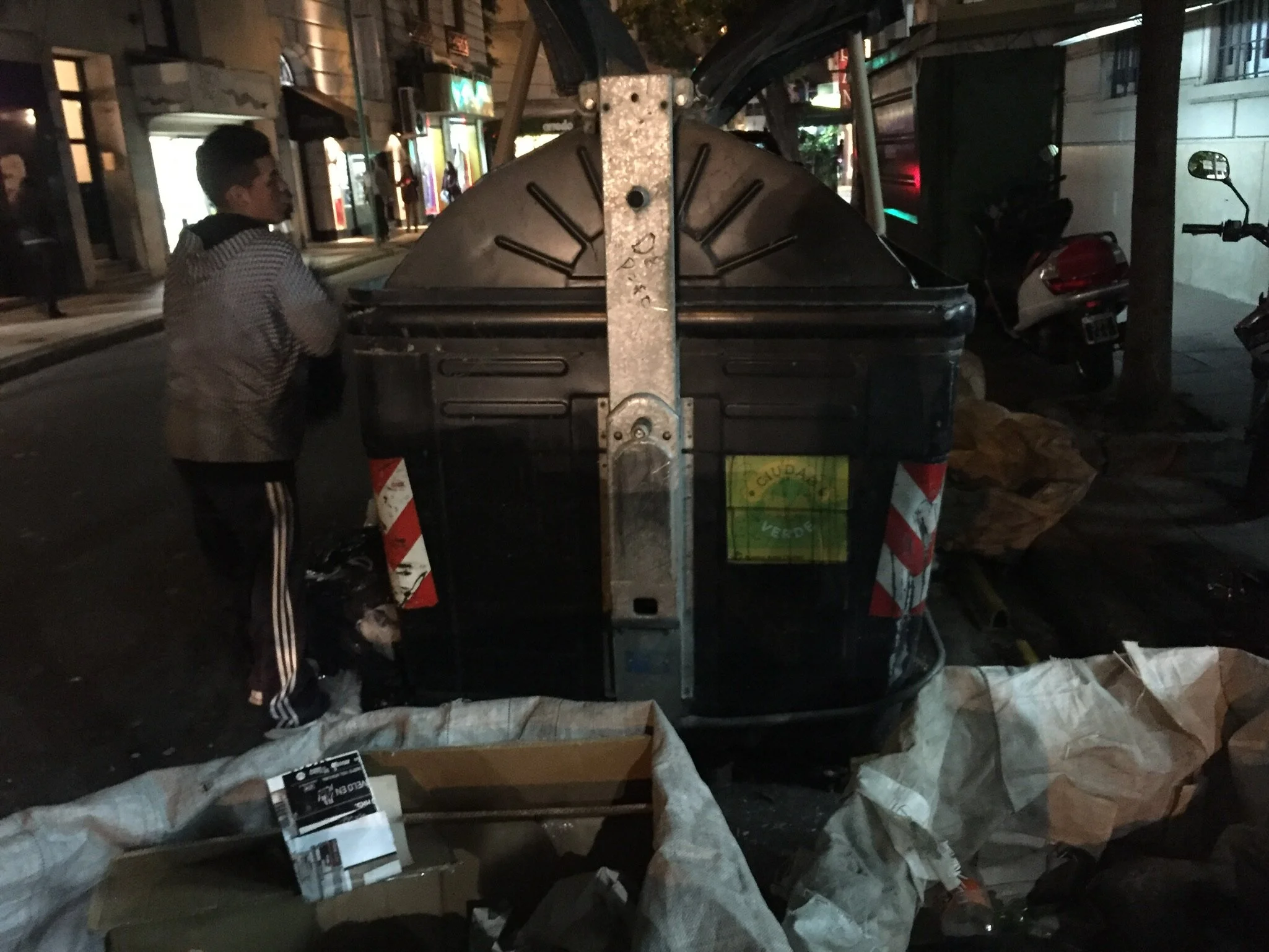New Behaviours for 6 Million People
One of the largest cities in Latin America faced a serious problem: too much rubbish being produced everyday and a fast approaching deadline that would stop them from piling it up in landfills. A real behavioural change was urgently needed and time was running out.
For too many years, citizens had been dumping their rubbish into their own incinerators, which after closing in the 90’s, began to accumulate in landfills outside the city.
The only solution to this problem was to encourage citizens to separate residues at source, which would, in turn, allow recycling. Government efforts had been unsuccessful until then: despite the many campaigns and the use of fines, the daily behaviours of 6 million people had not even started to move.
Changing the culture of a city is very different from doing it in organisations. However the understanding of existing mindsets and the identification of potential levers for changing them is common to both. In this case I led a team of government officials and ethnographers as we interacted with neighbours on the street for a few days so we could unveil the reasons behind their behaviours.
The challenge was not about ‘how to’ recycle, but ‘why should they’ do it: their rubbish had been ‘disappearing’ for years (first to the incinerators and then taken away to the dumps) so why should they change a well established habit?
The situation was getting very tense and the authorities in the province of Buenos Aires had given an ultimatum to the government of the city. Time was running out.
Our approach involved a subtle but widespread creation of new conversations amongst neighbours everywhere, as the way to influence the beliefs of millions of people. We needed to make recycling 'cool'.
But how do you get 6M people to talk about recycling in a different way?
We identified key players in society that commonly engage others in conversations: doormen, taxi drivers and hairdressers. We trained them and gave them materials so they could start conversations with others. Nudging, instead of campaigning.
Within a few months, conversations spread like wildfire.
Soon, change started to happen. People developed a routine of separating their rubbish at source. It was now cool to do so.
Metrics showed that our interventions worked and, as a consequence, this City won the first award of the c40.org (click here) -- a global organisation that encourages Cities to address climate change.
Changing the culture of a city is totally possible, although it requires a very particular set of interventions. The proof is in the pudding: in the same way previous interventions made smoking unacceptable in public spaces (affecting the behaviour of millions of people), helping citizens develop a better quality of life is a great and rewarding process for a Cultural Architect.




